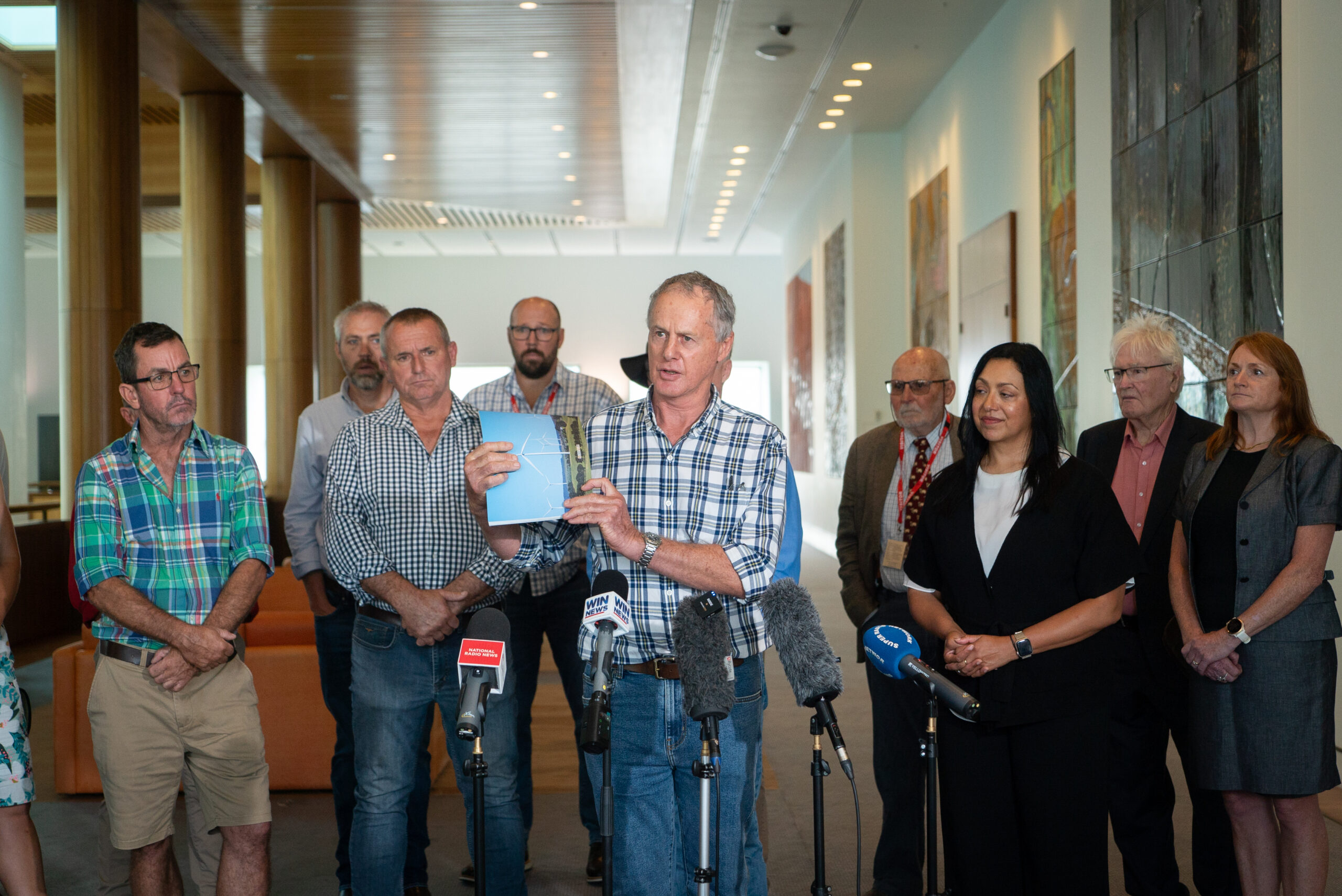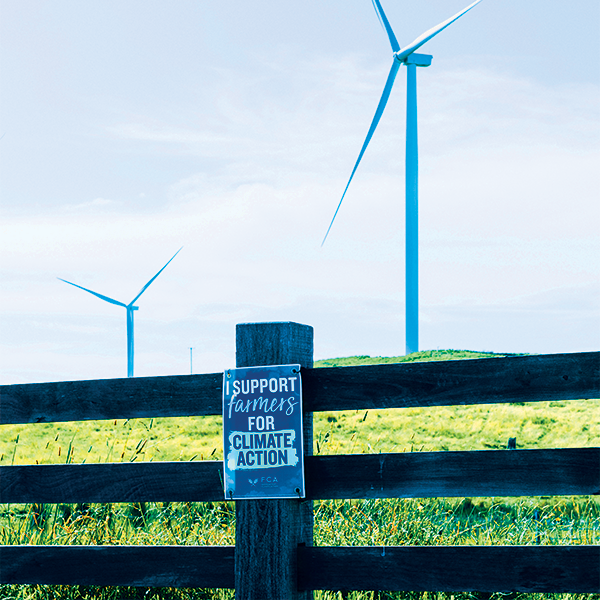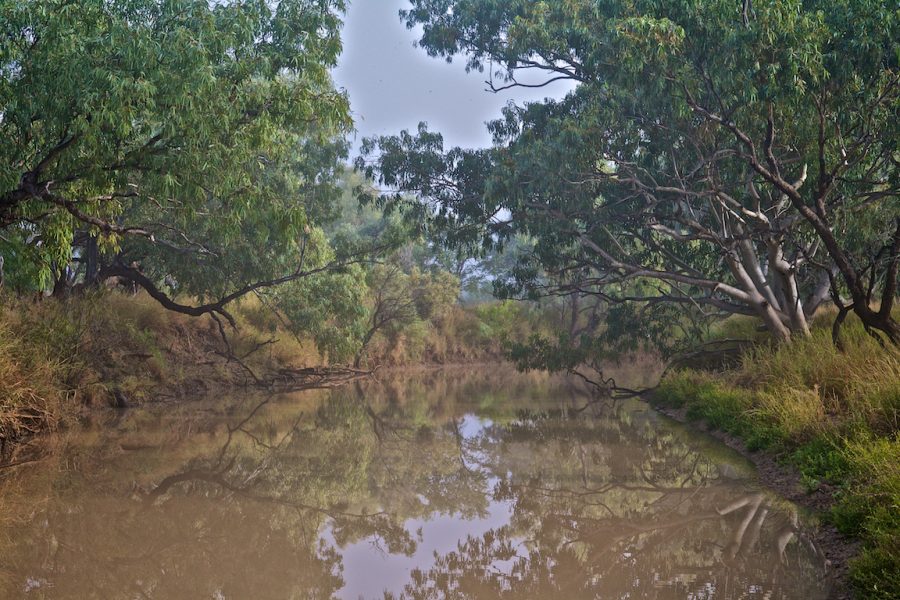Do you know the cost of rural advocacy?
It costs more for regional and rural Australians to have their voices heard in Canberra than pretty much anyone else.
It’s that time of year – every charity in Australia is reviewing their expenses; crossing the ts, and dotting the is. Here at Farmers for Climate Action, we have had the pleasure of looking back on an incredible 12 months filled with big wins, national media coverage, and lots of improvements locally and federally on climate action.
All of this is possible thanks to the generous support of our 45,000 strong community, who live all across Australia – from Margaret River in Western Australia to Mckinley in outback Queensland. With such a vast geographical spread, it’s no surprise we’ve become a force to be reckoned with.
But with that comes its own challenge – the cost of rural advocacy. While many lobbyists, fossil fuel companies, and other climate opponents have the benefit of flying into Canberra from their metropolitan bases in Sydney and Melbourne, we are committed to amplifying farmer voices from all over Australia.
Each year, we take farmers all the way from outback Australia to Canberra to put forward strong, economy-wide climate policy full of opportunity for farmers and farming communities. By putting knowledgeable farmers, who experience climate change firsthand, in front of MPs and journalists, we make a case that is hard to ignore. By bringing farmers to Canberra, we show that farmers are climate leaders and that regional Australia is a key voice and contributor to climate action. Our policies, showcased by real farmers, become media stories, and MPs and Australians across the country become more receptive to sensible climate policy.
What does that look like?
Well, for one of our farmer members in Broken Hill, his drive to Broken Hill Airport, where he has a 5 hour journey ahead of him (via Sydney) to get to Canberra. A farmer from Margaret River in Western Australia drives just over 3 hours to Perth Airport, where they have a nearly-4 hour journey in front of them to get to Canberra.
Once they have landed, they both have to jump into a cab straight away and head to the briefing with our media expert. Next, they’ll cab it back to their hotel and get checked in.
Both will have to get themselves to Parliament House the next day, where they’ll speak in front of journalists before discussing climate action with a variety of political staffers. Later, they’ll catch up with a few MPs in small farmer groups to advocate for urgent agricultural, regional, and economy-wide climate policies.
On their return, they repeat the same arduous full day journey back to their farms. All up, for the Broken Hill Farmer, it will cost Farmers for Climate Action $1500. It’s even more jaw dropping for the Margaret River farmer, with one overnight stay costing us over $1800! This doesn’t even take into account the huge cost of lost time on-farm!
And sometimes it’s just impossible…
One farmer from Tasmania, who had a valuable perspective to share on renewable energy on-farm wrote to us:
“Unfortunately I was unable to attend the FCA press conference in Canberra [in February] as I run a large farming business and another non farming business with very little administrative help. I couldn’t at that time also afford to lose two days to travel to, attend the conference and return to central Tasmania where I live.”
Who else can do it?
Many regional organisations can’t afford the staff and in-house logistical costs of arranging these trips, let alone the travel costs. Bringing a cohort of farmers to Canberra is a huge operation, with Farmers for Climate Action investing enormous staff hours and expertise for each delegation. Not only must there be administrative support, but also media and communications training provided to farmers to ensure that they have the best chance of being listened to and effective. To do advocacy properly, farmers must be briefed and have time to prepare – it’s no small feat speaking in front of the Canberra Press.
In turn, many climate organisations do not have the farmer and agricultural networks to get the right people – and enough people – to Canberra. For example, Farmers for Climate Action was able to launch such a successful pro-renewables statement back in February, because we had farmers across the country who could speak to their experience and profit from renewables. With over 8,200 farmer members, and some of the most active members I have ever worked with, we are able to authentically advocate for climate policies in ways many others cannot.
In short, FCA is uniquely positioned to champion rural advocates and bring strong, climate action demands to Canberra – if you will help us.





